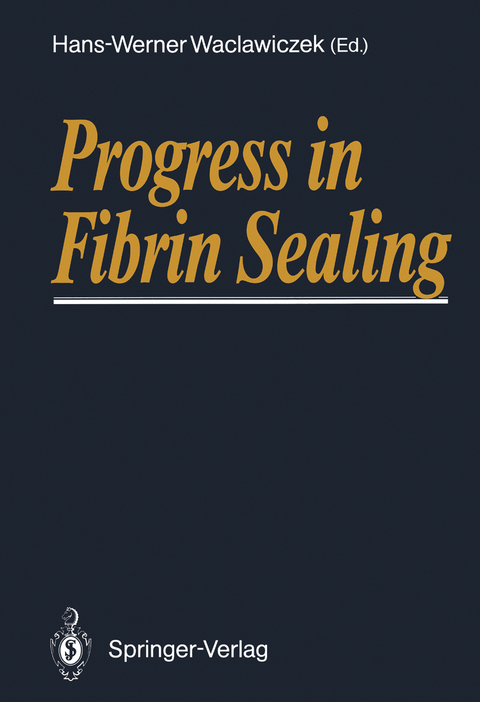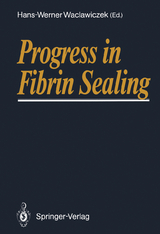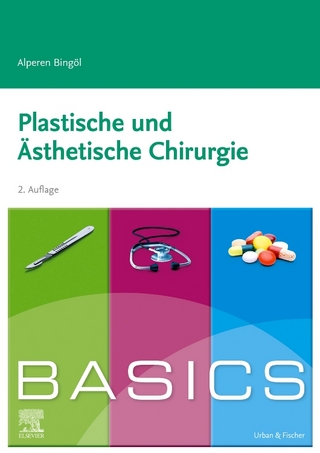Progress in Fibrin Sealing
Springer Berlin (Verlag)
978-3-540-50797-0 (ISBN)
Principles of Fibrin Sealing.- Fibrin Sealant: Efficacy, Quality, and Safety.- Fistula Therapy.- Endoscopic Sealing of Infected Bronchus Stump Fistulae with Fibrin Following Lung Resections.- A New Biological Implant for the Closure of Bronchopleural Fistulas.- Fibrin Pleurodesis in Recurrent Pleural Effusion with Continuous Ambulant Peritoneal Dialysis.- Endoscopic Therapy of Gastrointestinal Fistulae with Fibrin Tissue Sealant.- Fistuloscopy - A Further Approach for the Sealing of Gastrointestinal Fistulae.- Fibrin Sealing of Fistulas in Crohn's Disease.- Prevention and Treatment of Lymphatic Fistulae Following Lymph Node Dissections by Means of Fibrin Sealing.- Pancreas Surgery.- Indications for Fibrin Sealing in Pancreatic Surgery - With Special Regard to Occlusion of the Residual Gland.- Pancreatic Duct Occlusion with Fibrin Sealant for the Protection of Pancreatic-Digestive Anastomoses Following Resection of the Pancreatic Head: Experimental and Clinical Study.- The Application of Fibrin Sealant in Segmental Pancreas Transplantation.- Segmental Pancreatic Transplantation with Temporary Duct Blockade with a Modified Fibrin Glue.- Pancreatic Duct Occlusion with Fibrin Sealant: An Experimental Study.- Therapy of Bleeding Ulcers.- Tissue Reaction and Hemostatic Characteristics - Fibrin Sealant Versus Polidocanol: Experimental and Clinical Results.- A New Development in Gastrointestinal Bleeding: Sclerotherapy Using Fibrin Sealant.- Submucous and Intravascular Application of Fibrin Sealant Using a Double-Luminal Flexible Needle.- Fibrin Sealing: An Enrichment in the Endoscopic Control of Bleeding in the Upper Gastrointestinal Tract.- Prophylaxis and Therapy of Intra-abdominal Adhesions with Highly Concentrated Human Fibrinogen: Experimental and ClinicalResults.- Summary.
| Erscheint lt. Verlag | 17.4.1989 |
|---|---|
| Zusatzinfo | XIV, 154 p. |
| Verlagsort | Berlin |
| Sprache | englisch |
| Maße | 170 x 244 mm |
| Gewicht | 370 g |
| Themenwelt | Medizinische Fachgebiete ► Chirurgie ► Ästhetische und Plastische Chirurgie |
| Medizinische Fachgebiete ► Chirurgie ► Herz- / Thorax- / Gefäßchirurgie | |
| Schlagworte | abdominal surgery • Endoscopy • Gastrointestinal Tract • hepatology • Implant • Lung • pancreas • Surgery • Thoracic Surgery • Transplantation |
| ISBN-10 | 3-540-50797-3 / 3540507973 |
| ISBN-13 | 978-3-540-50797-0 / 9783540507970 |
| Zustand | Neuware |
| Informationen gemäß Produktsicherheitsverordnung (GPSR) | |
| Haben Sie eine Frage zum Produkt? |
aus dem Bereich




